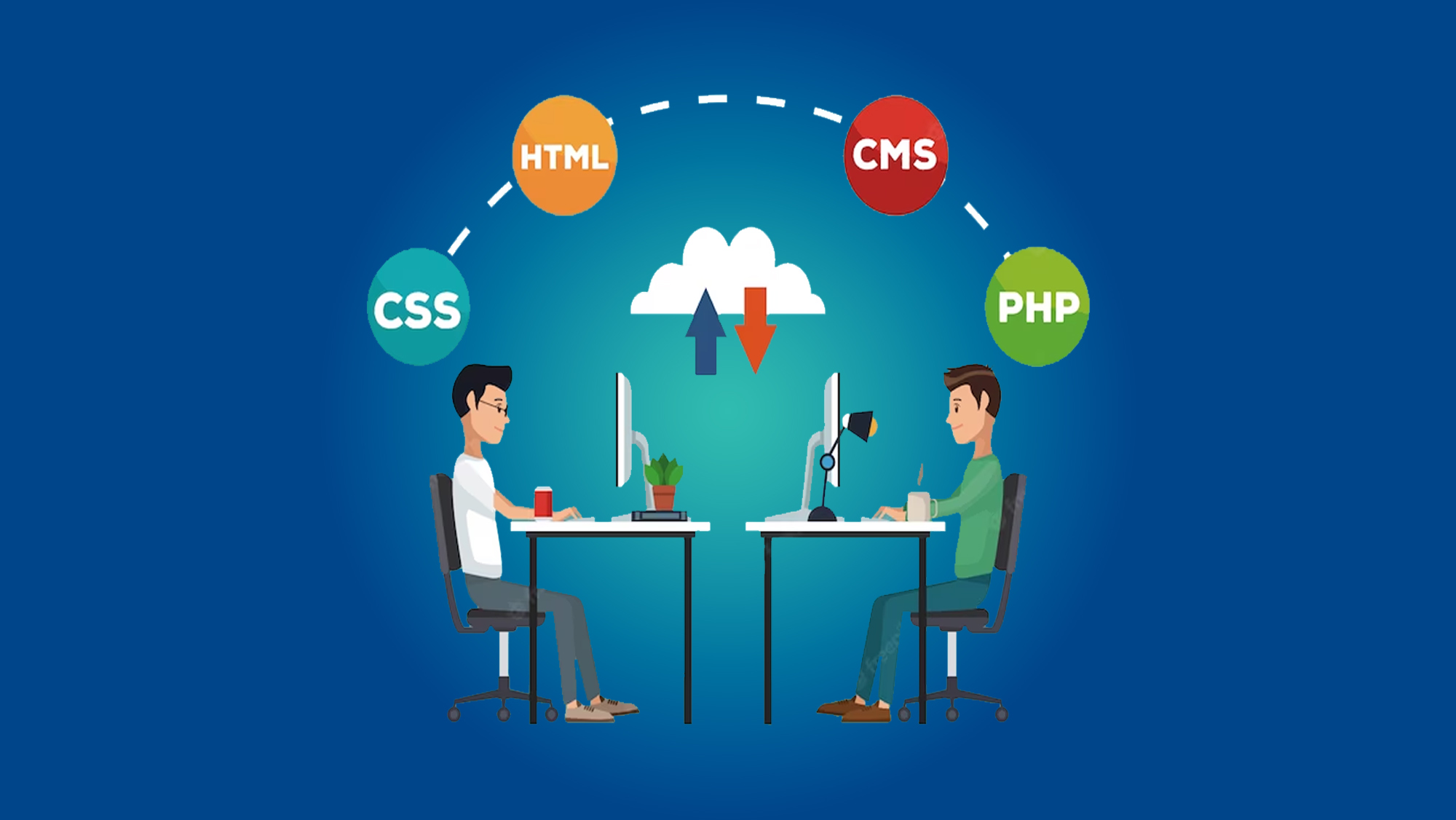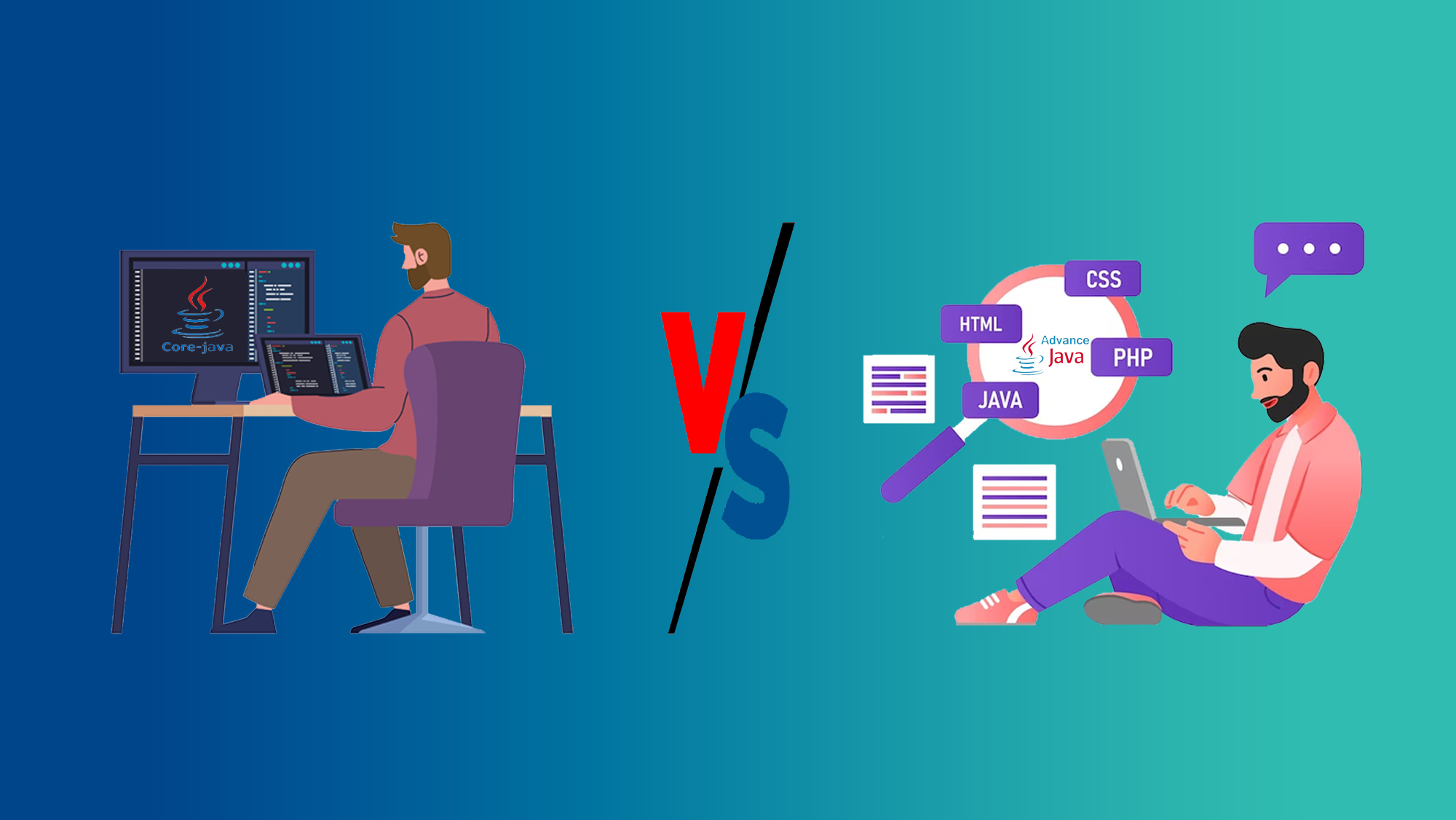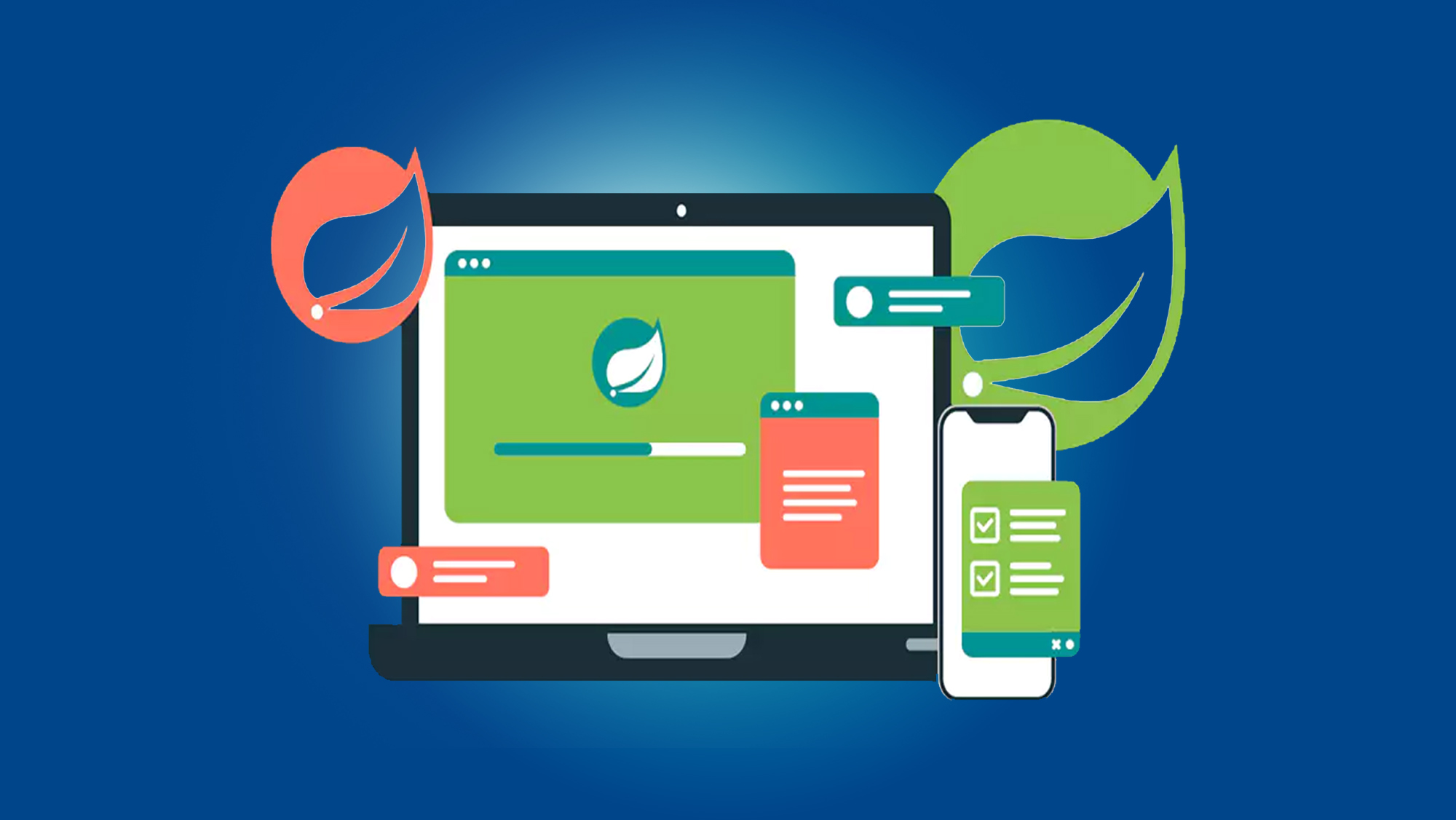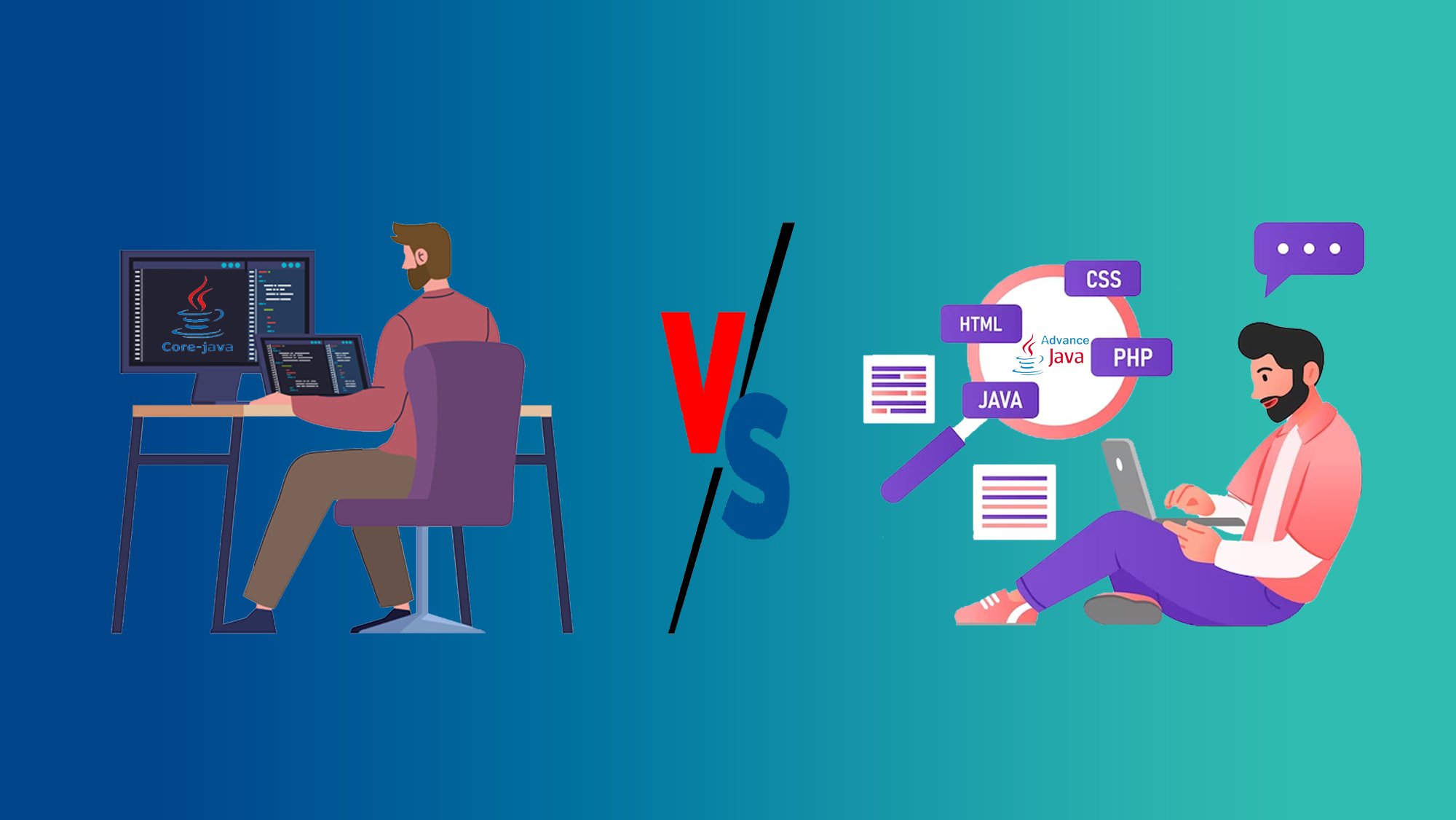Mastering Core Java: Essential Concepts and Best Practices
Introduction:
Java is one of the most popular and versatile programming languages, known for its portability, reliability, and extensive libraries. Mastering Core Java is a fundamental step for anyone aspiring to become a proficient programmer or developer. In this comprehensive guide, we will explore the essential concepts, techniques, and best practices that will empower you to master Core Java and build robust, efficient, and scalable applications.
The Importance of Core Java Mastery:
Core Java forms the foundation of the Java programming language. By mastering its key concepts and best practices, you establish a strong programming skill set that is applicable to a wide range of software development scenarios. Whether you're developing desktop applications, web services, mobile apps, or enterprise solutions, a solid understanding of Core Java is essential.
Essential Concepts of Core Java:
1. Object-Oriented Programming (OOP):
Understand the principles of OOP, including classes, objects, inheritance, polymorphism, and encapsulation. Mastering OOP concepts enables you to design modular, reusable, and maintainable code.
2. Data Types and Variables:
Familiarize yourself with Java's primitive data types (int, double, char, etc.) and reference data types (classes, interfaces, arrays). Learn how to declare variables, perform type casting, and manage memory.
3. Control Flow and Loops:
Grasp control structures like if-else statements, switch statements, and loops (for, while, do-while) to control the flow of your programs and make decisions based on conditions.
4. Exception Handling:
Explore exception handling mechanisms to gracefully manage runtime errors. Learn how to use try-catch blocks, throw and catch exceptions, and create custom exception classes.
5. Input and Output Streams:
Master input and output operations using streams for reading and writing data. Understand how to work with files, standard input/output, and serialization for data persistence.
6. Collections Framework:
Delve into Java's Collections API to work with data structures like lists, sets, maps, and queues. Learn about iterators, comparators, and best practices for efficient data manipulation.
7. Multithreading and Concurrency:
Gain proficiency in creating and managing multiple threads, synchronizing access to shared resources, and handling thread concurrency issues.
8. JavaFX Basics:
Explore the fundamentals of JavaFX for creating graphical user interfaces (GUIs). Learn how to design UI components, handle events, and build interactive applications.
Best Practices for Mastering Core Java:
1. Practice Regularly:
Consistent practice is key to mastering Core Java. Write code, experiment with concepts, and work on projects to reinforce your learning.
2. Read and Analyze Code:
Study existing code, open-source projects, and Java libraries to understand different coding styles and design patterns.
3. Use Version Control:
Embrace version control tools like Git to manage your codebase, collaborate with others, and track changes effectively.
4. Follow Coding Conventions:
Adopt Java coding conventions to write clean, readable, and maintainable code. Use meaningful variable names, consistent formatting, and proper indentation.
5. Optimize Performance:
Learn techniques to optimize your Java code for better performance. Utilize efficient data structures, minimize memory usage, and avoid unnecessary computations.
6. Learn Design Patterns:
Explore common design patterns like Singleton, Factory, Observer, and MVC to enhance your ability to design modular and scalable applications.
7. Read Documentation and Tutorials:
Leverage official Java documentation, online tutorials, and resources like Oracle's Java tutorials to deepen your understanding of Core Java concepts.
8. Participate in Projects:
Collaborate on projects, join coding communities, and contribute to open-source initiatives to gain practical experience and exposure to real-world scenarios.
Conclusion:
Mastering Core Java is a significant achievement that opens the door to a world of software development opportunities. By grasping essential concepts, practicing best coding practices, and continuously honing your skills, you can build a solid foundation for becoming a proficient Java developer. Whether you're pursuing a career in application development, enterprise software, or emerging technologies like machine learning and Android app development, the mastery of Core Java empowers you to tackle diverse challenges, innovate, and contribute to the dynamic and ever-evolving field of software engineering.
You May Also Like
These Related Stories

Everything You Need to Know About Core Java Training

Core Java Vs Advanced Java: Differences and When to Use Each




No Comments Yet
Let us know what you think